When depressive episodes strike, as they did for 16 million Americans last year, they don’t just affect the higher functions of daily life, like ambition, satisfaction, or socializing. An episode can cripple the desire or drive to complete even the most mundane daily tasks that many of us take for granted.
Depression sufferer, Katelyn Marie Todd took to Facebook with a particularly moving and insightful post about the effect her depression had on activities as simple as brushing her hair or bathing.
Anyone who seeks to romanticize a person’s relationship with mental illness would do well to read Katelyn’s account of a struggle to get her life together following a difficult time.
The beautifully written account reads in full:
I brushed my hair today. For the first time in 4 weeks. It was matted and twisted together. It snapped and tore with every stroke. I cried while I washed and conditioned it, because I forgot how it felt to run my fingers through it. I brushed my teeth, too, for the first time in a week. My gums bled. My water ran red. I cried over that, as well. When I got out of the shower, I couldn't stop sniffing my hair and arms. I've avoided hugging people for a while, because I never smell good. I always smell like I've been on bedrest for a week. I have no clean clothes, because I'm too tired and sad to wash them.
Depression isn't beautiful. Depression is bad hygiene, dirty dishes, and a sore body from sleeping too much. Depression is having 3 friends that are only still around because they have the patience and love of a saint. Depression is crying until there's no more tears, just dry heaving and sobbing until you're gasping for your next breath. Depression is staring at the ceiling until your eyes burn because you forget to blink. Depression is making your family cry because they think you don't love them anymore when you're distant and distracted. Depression is somatic as well as emotional, an emptiness you can physically feel.
Please be easy on your friends and family that have trouble getting up the energy to clean, hang out, or take care of themselves. And please, please take them seriously if they talk to you about it. We're trying. I swear we're trying. See? I brushed my hair today.
What starts as a very harrowing, personal account ends with a message about how we view—not only depression itself—but the disorder’s fallout. When an illness, mental or otherwise, starts affecting basic social or hygienic functions, that’s not the time to turn away from someone, but, instead, is a sign that they need help and understanding at that point more than anything.















 You cannot be too careful when trying to prevent the spread of the flu.Photo credit: Canva
You cannot be too careful when trying to prevent the spread of the flu.Photo credit: Canva
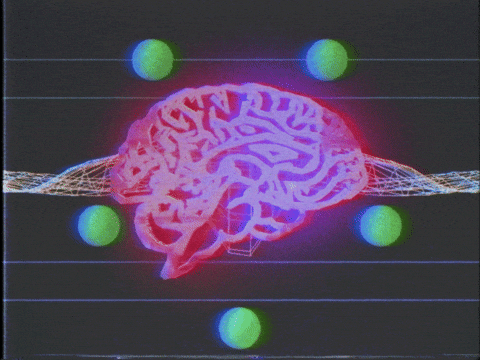 Big Brain GIF by Jay Sprogell
Big Brain GIF by Jay Sprogell
 Shake It Off Wet Dog GIF by BuzzFeed
Shake It Off Wet Dog GIF by BuzzFeed
 Working out with friends also makes exercise more enjoyable (and feel quicker).Photo credit: Canva
Working out with friends also makes exercise more enjoyable (and feel quicker).Photo credit: Canva
 People with Imposter Syndrome can't accept their achievements.
Photo by
People with Imposter Syndrome can't accept their achievements.
Photo by 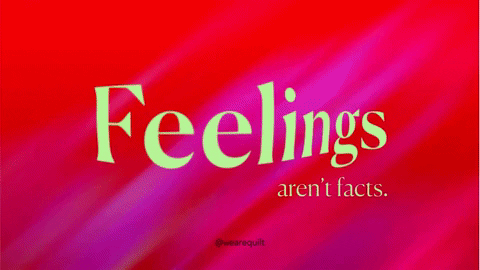 Emotion Feeling GIF by Quilt
Emotion Feeling GIF by Quilt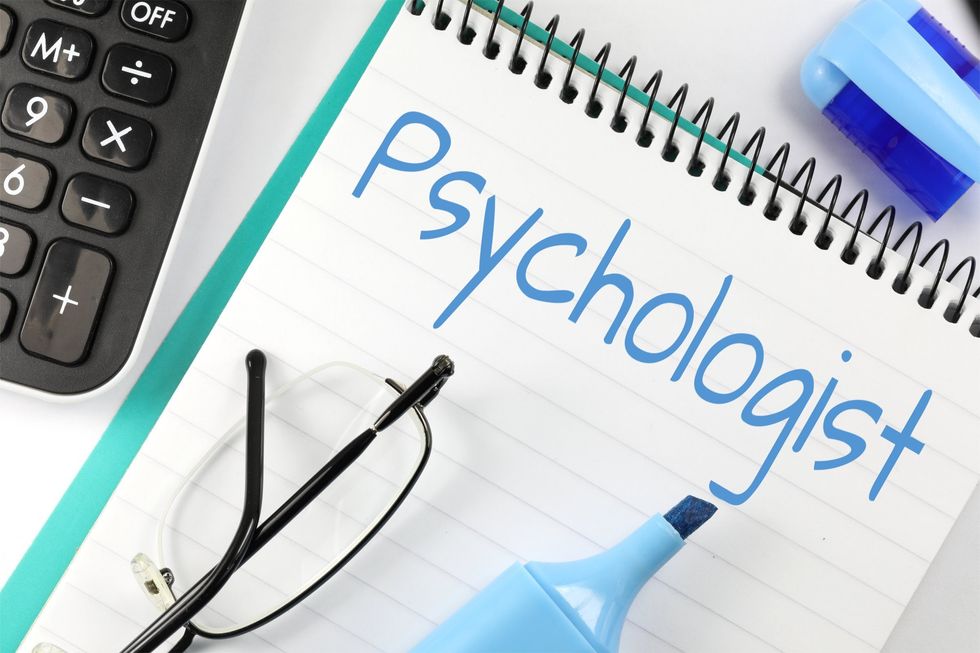 Psychologist - Free of Charge Creative Commons Notepad 1 image
Psychologist - Free of Charge Creative Commons Notepad 1 image
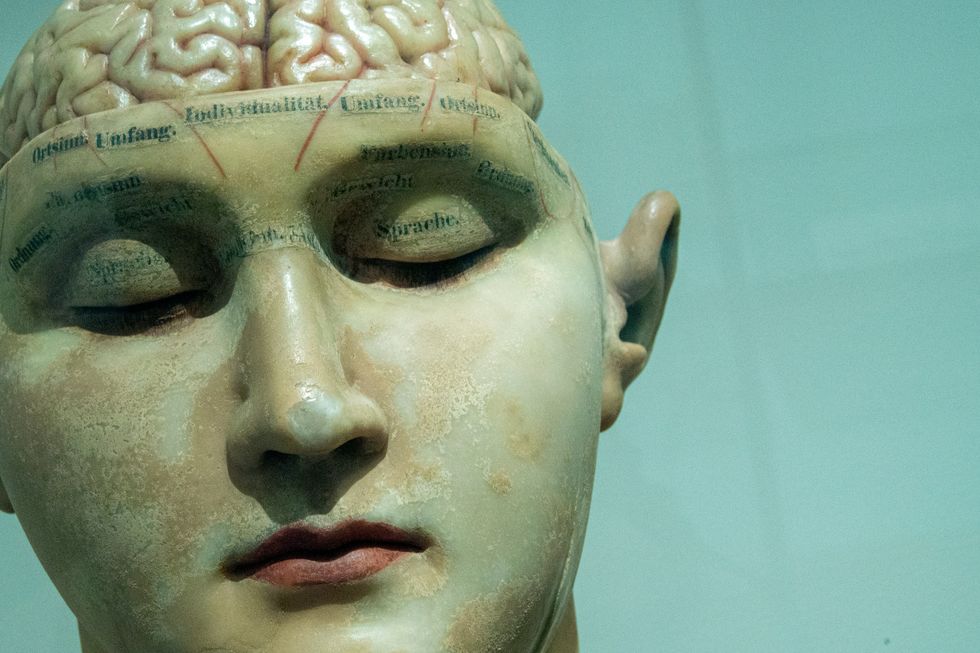 Human anatomy model.
Photo by
Human anatomy model.
Photo by 
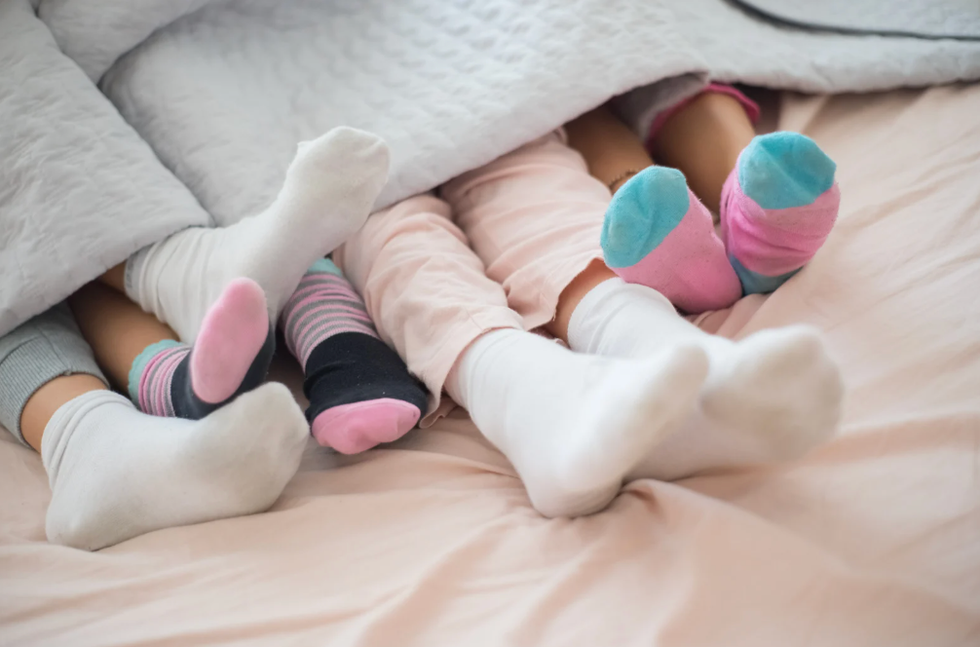 Socks warm your feet, but cool your core body temperature.Photo credit: Canva
Socks warm your feet, but cool your core body temperature.Photo credit: Canva
 A new t-shirt could open up more hospital beds for patients.Photo credit: Canva
A new t-shirt could open up more hospital beds for patients.Photo credit: Canva Wearable solutions could be revolutionary.Photo credit: Canva
Wearable solutions could be revolutionary.Photo credit: Canva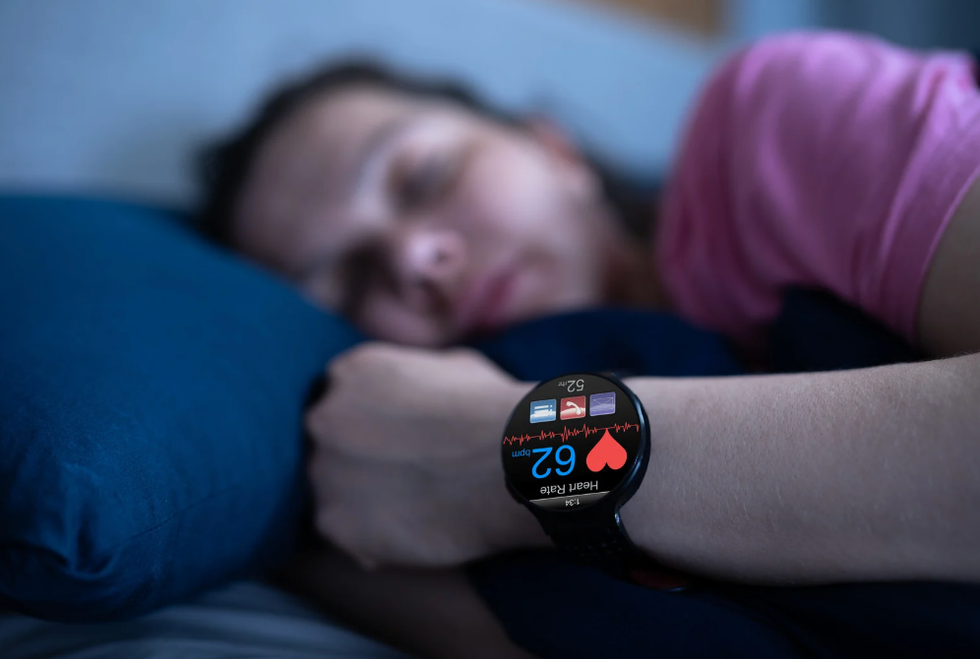 Many wearable tech devices could help you monitor your health.Photo credit: Canva
Many wearable tech devices could help you monitor your health.Photo credit: Canva